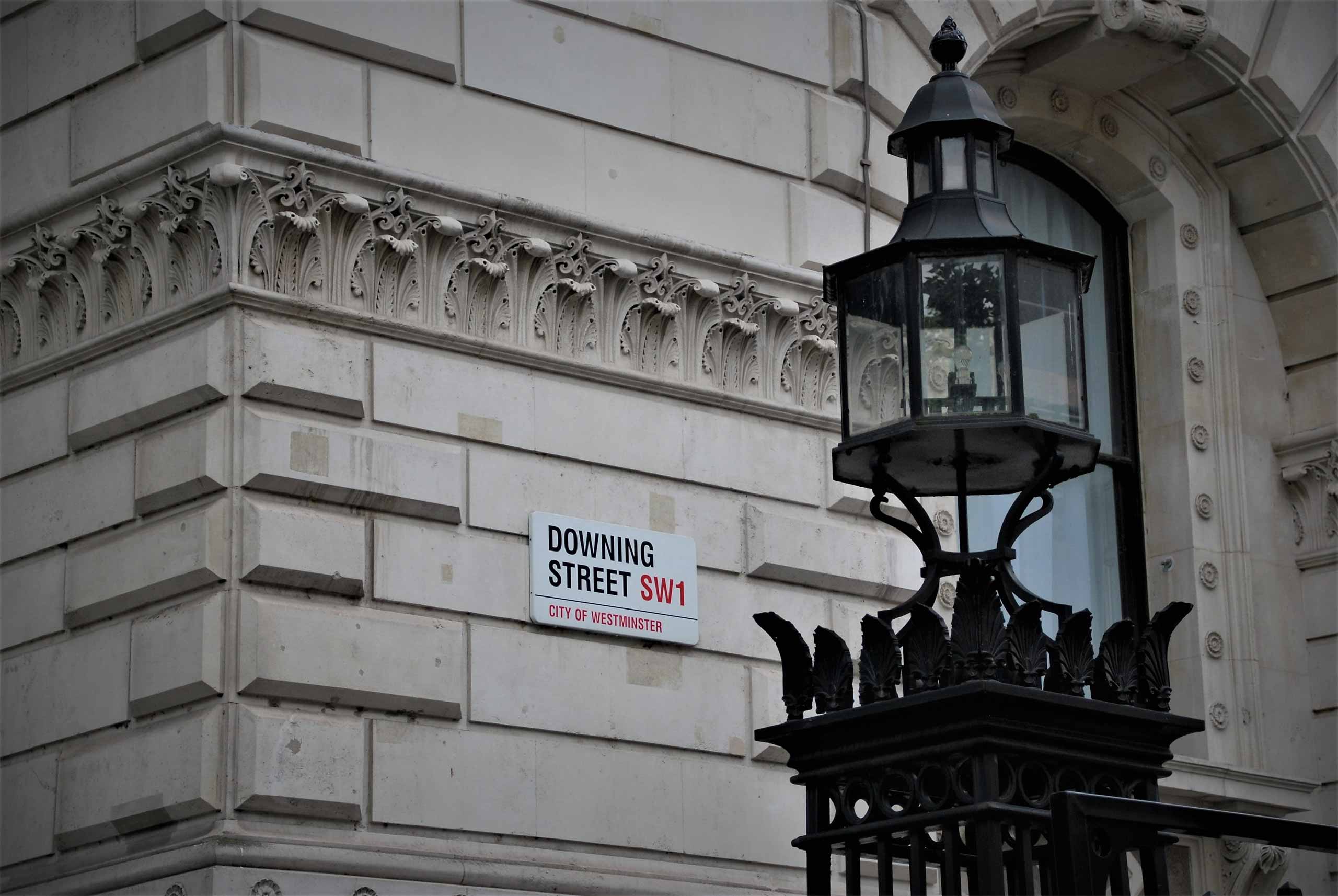Autumn Budget 2024
This week new Chancellor Rachel Reeves announced both her first Budget & also the first of the new Labour government. On that note, it feels like almost every time we write about the Budget Statement in recent times we have to make reference to a new Chancellor. With the Labour Party only recently elected, hopefully this time we may get some continuity for a while…
In the lead up to the Budget there was a lot of positioning made by the Labour, particularly around the state of the finances left behind by the previous government. Whilst they promised they would not raise individual taxes, they also made it clear there was a big £22bn blackhole that needed filling. Naturally this created a lot of concern in the lead up to the announcements.
So, was it as bad as we feared? Let’s take a look…
Personal taxation
- Rates of income tax and National Insurance (NI) paid by employees, and of VAT, to remain unchanged.
- Income tax band thresholds to rise in line with inflation after 2028, preventing more people being dragged into higher bands as wages rise.
- Basic rate capital gains tax on profits from selling shares to increase from from 10% to 18%, with the higher rate rising from 20% to 24%.
- Rates on profits from selling additional property unchanged.
- Inheritance tax threshold freeze extended by further two years to 2030, with unspent pension pots also subject to the tax from 2027.
- Exemptions when inheriting farmland to be made less generous from 2026. This will effectively mean an additional inheritance tax of 20% on assets above £1m.
Business taxation
- Companies to pay NI at 15% on salaries above £5,000 from April, up from 13.8% on salaries above £9,100.
- Employment allowance – which allows smaller companies to reduce their NI liability – to increase from £5,000 to £10,500.
- Tax paid by private equity managers on share of profits from successful deals to rise from up to 28% to up to 32% from April.
- Main rate of corporation tax, paid by businesses on taxable profits over £250,000, to stay at 25% until next election.
Wages, benefits and pensions
- Legal minimum wage for over-21s to rise from £11.44 to £12.21 per hour from April.
- Rate for 18 to 20-year-olds to go up from £8.60 to £10, as part of a long-term plan to move towards a “single adult rate”.
- Basic and new state pension payments to go up by 4.1% next year due to the “triple lock”.
- Eligibility widened for the allowance paid to full-time carers, by increasing the maximum earnings threshold from £151 to £195 a week.
Transport
- 5p cut in fuel duty on petrol and diesel brought in by the Conservatives, due to end in April 2025, kept for another year.
- £2 cap on single bus fares in England torise to £3 from January, outside London and Greater Manchester.
- Air Passenger Duty to go up in 2026, by £2 for short-haul economy flights and £12 for long-haul ones, with rates for private jets to go up by 50%.
- Extra £500m next year to repair potholes in England.
- Vehicle Excise Duty paid by owners of all but the most efficient new petrol cars to double in their first year, to encourage shift to electric vehicles.
Drinking and smoking
- New flat-rate tax of £2.20 per 10ml of vaping liquidintroduced from October 2026, as ministers shelve Tory plans to link the levy to nicotine content.
- Tax on tobacco to increase by 2% above inflation, and 10% above inflation for hand-rolling tobacco.
- Tax on non-draught alcoholic drinks to increase by the higher RPI measure of inflation, but tax on draught drinks cut by 1.7%.
- Government to review thresholds for sugar tax on soft drinks, and consider extending it to “milk-based” beverages.
Housing
- Social housing providers to be allowed to increase rents above inflation under multi-year settlement.
- Discounts for social housing tenants buying their property under the Right to Buy scheme to be reduced.
- Stamp duty surcharge, paid on second home purchases in England and Northern Ireland,to go up from 3% to 5%.
- Point at which house buyers start paying stamp duty on a main home to drop from £250,000 to £125,000 in April, reversing a previous tax cut.
- Threshold at which first-time buyers pay the tax will also drop back, from £425,000 to £300,000.
Conclusion
As always, it’s impossible to deliver a solution that benefits all. Whilst not to say this was necessarily a positive Budget, given the speculation, the announcements turned out a lot better than anticipated for many people.
In the Labour Party manifesto they promised they would not put up individual taxes, and they have delivered to that. The approach they have taken is largely to attack the profits of companies, and in particular larger companies. It will be interesting to see how companies respond in order to maintain profit levels. Will we see smaller pay rises, less recruitment or even less investment?
On an individual level it is largely positive news, especially those on minimum wage. As above, the knock-on effect of this will be on employers as it pushes up their cost base further.
Considering the amount of government borrowing over the past 15 years it is inevitable we have to experience a period of austerity. Even Chancellor Rachel Reeves commented this was not the sort of Budget she wanted to make a habit of delivering. Hopefully more generous announcements will be delivered in future Budgets.
If you have any questions or would like to know more about how you might be impacted, please get in touch. We’d love to hear from you.





